I'm using a linkify function, which detects link-like patterns by using regex and replaces those with a-tags to reveal a clickable link.
The regex looks like that:
// http://, https://, ftp://
var urlPattern = /\b(?![^<]*>|[^<>]*<\/)(?:https?|ftp):\/\/[a-z0-9-+&@#\/%?=~_|!:,.;]*[a-z0-9-+&@#\/%=~_|]/gim;
/* Some explanations:
(?! # Negative lookahead start (will cause match to fail if contents match)
[^<]* # Any number of non-'<' characters
> # A > character
| # Or
[^<>]* # Any number of non-'<' and non-'>' characters
</ # The characters < and /
) # End negative lookahead.
*/
and replaces the link like this:
return textInput.replace(urlPattern, '<a target="_blank" rel="noopener" href="$&">$&</a>')
The regex works perfectly for in-text links. However, I am using it in HTML-Code also, such as
<ul><li>Link: https://www.link.com</li></ul> //linkify not working
<ul><li>Link: https://www.link.com <br/></li></ul> //linkify working
where just the secont example is working. I dont't know why the behavior is different and would be very glad to get some help from you. What should my regex look like, to linkify without the break in list elements?

